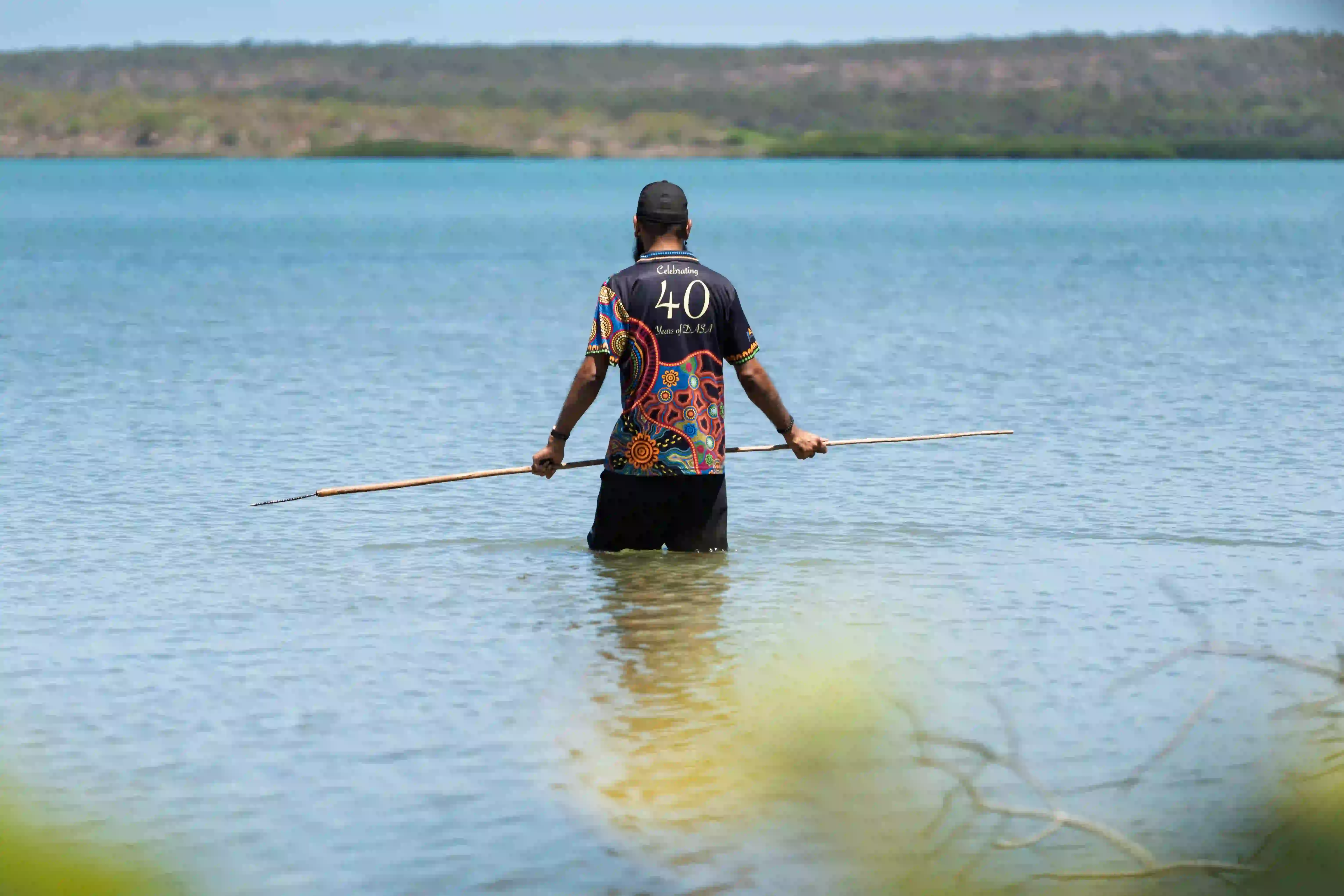Author: Glyn Davis
Save the Children in Stockholm wanted to highlight the unfair distribution of global wealth, so it invented an online game called The Lottery of Life. This invited Swedes to a website to spin the wheel of chance. If you were born again tomorrow, where would you appear?
Not in Sweden, it turns out. The chances of being born into this safe, healthy nation, where most children grow to be healthy adults with comfortable circumstances, prove vanishingly small – about 0.08 percent, to be precise. Instead, most babies emerge in poor, populous nations and confront medical and economic challenges that are rare in the West. Seventy per cent of newborns around the world face significant risk of poverty or violence. If you are fortunate enough to be born in Sweden, suggested Save the Children, you should support those who are less fortunate.
The Economist explored a variation of the same question: if you could choose your birthplace, where would it be? The resulting quality-of-living index placed Sweden first in the world, Australia second. No longer, editorialised The Economist, could America provide a newborn child with the best opportunity for a ‘healthy, safe and prosperous life in the years ahead’.
Perhaps a growing sense of loss explains the tide of books questioning the role of merit and philanthropy in American life. Thus in his book The Meritocracy Trap (2019), Yale law professor Daniel Markovits lamented the fact that merit is unchallenged as the principle for organising economic and political life, since it creates an implicit calculus: those who succeed are meritorious, bringing talents and hard work to any problem. If some fall behind, then charity, not state action, becomes the appropriate response. Markovits warned that merit has been distorted beyond recognition in contemporary America. Access to élite colleges is not a marker of inherent ability but of existing advantage parlayed to the benefit of children. Here is a world of privileged kindergartens, expensive schools, and an entire industry set up to coach the offspring of tech leaders, finance brokers, and successful lawyers into coveted places in the right universities, leading to successful professional careers.
So what obligation do the rich feel toward the poor? For an élite keen to avoid government intervention that they believe would distort markets and create welfare dependency, philanthropy looms as the best hope for assisting those who miss out in the merit race.
This equation was attacked with vigour in Winners Take All: The elite charade of changing the world (2019) by Anand Giridharadas. His was a more full-throated attack on the hubristic, meritorious élite, which only embraces philanthropy, according to Giridharadas, because a nation that allows the wealthy to avoid paying tax no longer has the capacity to improve outcomes for the poor.
Philosopher Michael J. Sandel has now entered the debate, bringing the accessible prose and lively examples that make his Justice course at Harvard so famous. The Tyranny of Merit: What’s becomes of the common good? covers similar territory, from the skew in élite university enrolments to merit as justification for the status quo. It does so with skill, though with only modest additions to a now well-canvassed debate.
Sandel documents how merit entrenches economic inequity, but pays particular attention to the political consequences of a system that flatters winners and insults the losers. When elected officials suggest that ‘we are responsible for our fate and deserve what we get’, they fuel an underlying resentment. They give us Donald Trump and Brexit. In particular, Sandel is concerned by the way the less well educated are excluded from public life; this, he suggests, is ‘the last acceptable prejudice’. Every senator in the United States has at least one college degree, in contrast to earlier generations when working people who started in mines and factory floors carried that experience into political life.
To address the problem, Sandel stresses the dignity of work and the need for contributive justice. He urges policies that contribute to flourishing lives, empowering community rather than consumption, civil life over private concerns. This could include a wage subsidy for low-paid workers, a sort of reverse payroll tax to encourage greater participation in workplaces and employment. An inclusive society, Sandel argues, can recover an idea of the common good. It offers an alternative to the ‘meritocratic conviction that people deserve whatever riches the market bestows on their talents’. Our fate is never entirely in our hands and, therefore, could benefit from a more generous public life.
Looking after others is the work of philanthropy. In a distinctly American way, this is linked tightly to recent books about merit. Giridharadas points to the Gilded Age tradition: become immensely rich and then dispense assistance as civic virtue, in support of worthy causes. It worked for Andrew Carnegie, after all. The charge of buying redemption is levelled at contemporary donors such as Melinda and Bill Gates. It has prompted tomes like Just Giving: Why philanthropy is failing democracy and how it can do better (2018) by Stanford professor Rob Reich, who offers a powerful critique. As Reich says of American donors, the ‘higher up the income ladder, the less likely donors are to direct their giving to the poor’. Philanthropy, to his mind, is not about addressing the plight of victims of inequality but about the personal interests and reputations of the wealthy.
Concern for saving one’s own soul through charity is familiar territory for Paul Vallely, a British journalist known for his writing on justice and religion, including a biography of Pope Francis (2013). Vallely’s Philanthropy: From Aristotle to Zuckerberg, many years in the making, has more than 740 pages of detailed examination of charitable traditions. It starts with the ancient Greeks, explores deep currents in Judaism and Muslim customs, and continues to the contemporary world of Mark Zuckerberg. Vallely’s focus is largely on the Western world and on the influence of religious thought. It may be a long time before anyone produces another history of philanthropy that is so definitive or detailed. The text is rich enough to trace changing conceptions of alms, the doctrine of purgatory that shifted giving from the poor to the church, vagrants and the operation of the poor laws, and the rise of contemporary celebratory philanthropy. Doctrinal disputes jostle with occasional gossip; a U2 album recording is disrupted when Pope John Paul II rings Bono to discuss a campaign to forgive Third World debt.
Amid this account, the final third of Philanthropy goes to the questions raised by other authors: the rise of inequality; arguments over the welfare state; and the ascendancy of ‘philocapitalism’ in a nation dominated by the super-rich. Warren Buffett, rock stars, and famous politicians sit alongside tax policy and a three-decade study revealing that, despite a huge lift in giving, philanthropy does not narrow the gap between rich and poor.
Vallely carefully reports the critique that philanthropy can undermine democracy and excuse inequality, balancing such arguments with accounts of individual philanthropists such as Chuck Feeney, who built a fortune through Duty Free Shoppers stores and then systematically gave away all his money to universities, hospitals, and scholarships, insisting always that his name never appear. Vallely is cautious about overly close associations between charity and politics. He concludes that ‘philanthropy belongs not to the political realm but to civil society and a world of social institutions which mediate between individuals, the market and the state’.
Perhaps the Trump years have prompted this focus on the failure of merit to deliver its promise of social mobility, and on community responses to assist those left behind. Yet the trends described by Sandel and Vallely predate any single president. They are a slow playing out of a logic that leads, inescapably, to unfairness.
For some a political response is essential, since the need for philanthropy is shaped by political rules. Others urge civic renewal through collective action outside the state. Sandel deploys moral language to discuss our prior obligations to each other, while Vallely describes how institutional patterns shape long-term outcomes. Not everything is bleak. At its best, merit means the recognition of ability and the nurturing of sustained contribution. The story of philanthropy is often a history of remarkable altruism, of people and organisations committed to a cause larger than themselves.
Save the Children emphasised that birth is a lottery. As this emerging literature shows, how we respond to the injustice of chance is the defining moral test – not just of individuals but of entire societies.
This review was originally published in Australian Book Review edition 427 (December 2020) and is reprinted with permission.
No items found.









